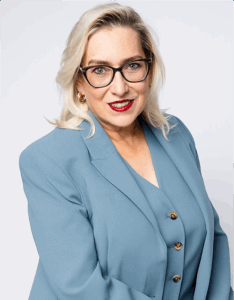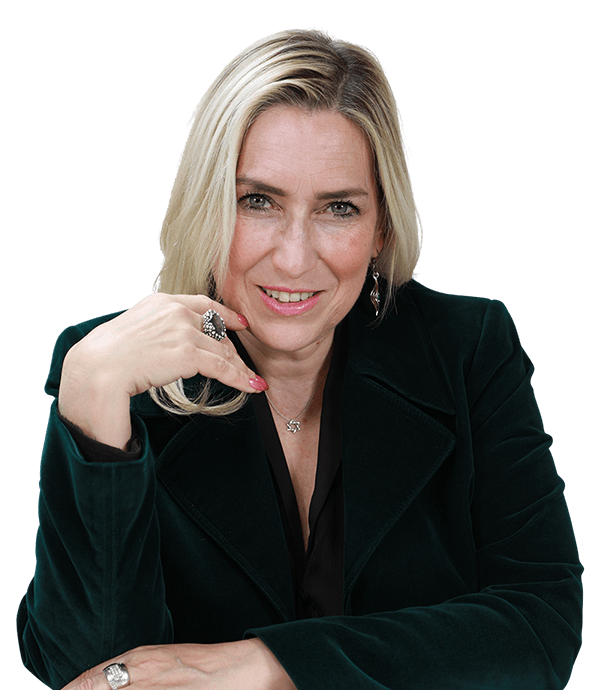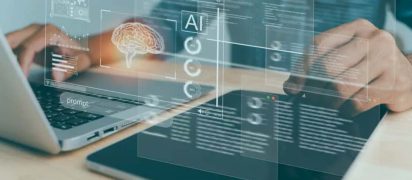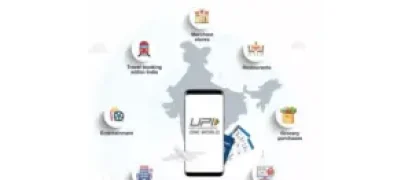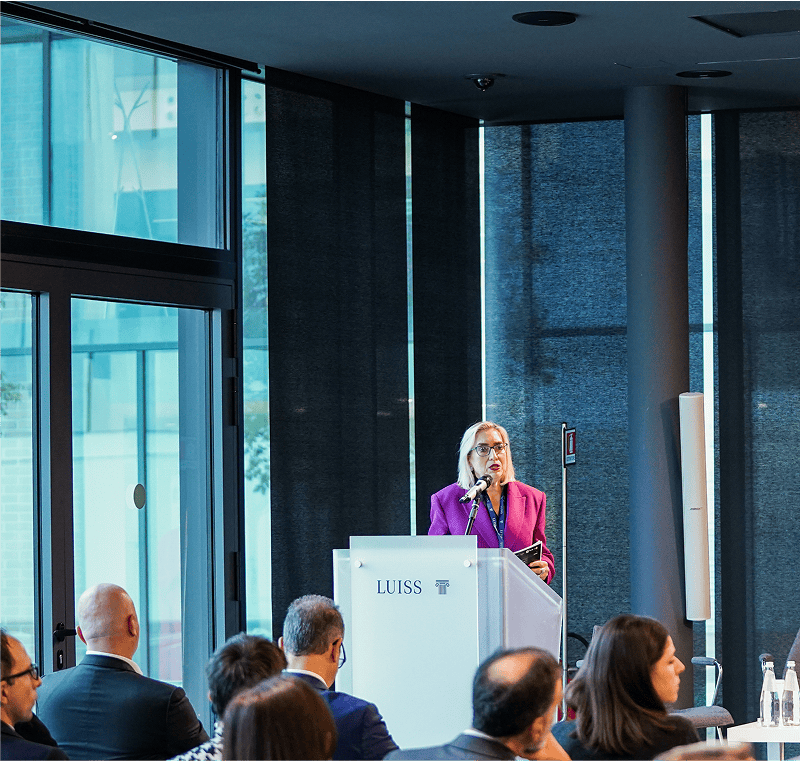By: Distributed Minds
A presentation of your professional and non-professional excursus, and your motto
It all started from my passion for geopolitics, cultivated in my love for travelers’ readings , combined with operational finance, which was the family business.
An old-time finance made up of ‘crying markets’ and professional and family relationships that were handed down from generation to generation in investment management. . It was my testing ground for having the courage to find opportunities on international markets, leaving Turin and starting from what I had been taught. I made many sacrifices because I wanted to work and study to graduate at the same time. A woman in the trading operations room has always been a match of conquests, defeats and new battles, made up of dedication, study and passionate commitment from emerging markets to international contexts that have allowed me to travel a lot and learn a lot in every country I have been to and in every government delegation I have met in over 30 years.
My motto has always been ‘Courage and Commitment with your head held high, never a step back’.
You are the Founder and President of the Global Thinking Foundation: can you tell us about how the project was birn and how you are pursuing theachievement of the five goals of the 2030 Agenda that you have set for yourself ?
The Foundation’s project was born from the need to give meaning to my professional path by sharing the outcome of an obstacle race that made me stronger and more aware of being able to be useful, also thanks to my experience in the International Monetary Fund’s working groups dedicated to financial inclusion, first of all to my country, continuing on the path of global discussion on the issues of the financial empowerment of women and girls and the right to self-determination.
Among the objectives for sustainable development of the 2030 Agenda, everything starts from the one that runs through all 17 of them: Goal 5 on gender equity, a fundamental lens to be applied to all the others and through which the measures necessary to achieve important goals in a social transition for sustainability which can only look at: dignified work, quality education, the fight against discrimination, inequalities and educational poverty as pieces of a single reference framework, that of a society where women are free to choose their path of life and personal well-being without being subjected to stereotypes, cultural and social limitations unworthy of a country that leads the G7 this year.
The foundation was a pioneer in the dissemination of a model of social innovation for the prevention of economic violence, largely unknown and untraced when we started, through the dissemination of financial and digital education, what I call the essential life skills today, with hybrid platforms made available to citizens.
Six platforms, an “Aware and Independent” APP, podcasts and free mentorship and help desk services, a real ecosystem for economic independence and the protection of economic and mental well-being declined in Italian, French and English, are found in the newborn multistakeholder network platform “We4Women” the last piece of a philanthropic work for the social inclusion of all and everyone.
Let’s steal from Proust’s questionnaire: your worst flaw, the quality you prefer in a person and the historical feat you admire most.
I certainly get amgry easily when faced with injustices, lies and falsity; I am not capable of mediated reactions and so I would throw myself into the fire for a friend, often underestimating the risks, because I am a passionate and life-loving person.
So it is natural for me to prefer real and sincere people with whom I can communicate openly and without filters, I am incapable of bluffing or wearing a ‘poker face’, they would find me out immediately. I then look with admiration at the role of women in the French Revolution and therefore to that historical undertaking and to the writings of Olympe de Gouges, who was a precursor of the feminist struggles with her Declaration of the Rights of Women and Citizens.
What are the three things every company should do now to become more sustainable?
First of all, it should ask itself whether its strategy and corporate objectives are compatible with the ESG criteria of sustainability without neglecting any of them, i.e. environment, social and governance. On gender equity, it is essential that, if one does not want to commit to a certification dedicated to the topic, the parameters of equal pay and career opportunities are tracked and monitored. Lastly, and not negligible, is compliance with GDPR and cybersecurity regulations to protect the company and its employees. All this translates overall into a focus on corporate welfare, which must be farsighted and in line with the actual needs of people in a world of work where social responsibility has become a shared asset and there is a need for greater quality of work for women and transparency in work processes.
Technology has always redefined and expanded humanity’s powers: what are the unavoidable steps to achieving a digitally inclusive society?
In 2020, the launch of a European strategy for artificial intelligence and cybersecurity contributed to build a human-centric digital ecosystem (DMA, DSA, and NIS2) for the use of technologies on a principle of free choice but safely towards a digital single market, for the benefit of businesses and citizens. The priority now lies in accompanying the evolution of technology and, therefore, digital transformation with attention to the social sphere, which we find predominant in the sustainability criteria already mentioned. European principles and values are a bulwark against the use of technologies that violate the right to full social inclusion, as we unfortunately note in some dictatorial regimes, from Russia to China.
Quote from a book: “If finance were conceptualised as software, much of it would be written in obfuscated code, involving neddlessly complex structures that increase opacity and risk.” What is your opinion on this statement, and what role do you think Fintech plays with respect to the challenge of semplification ?
Any new technology is always pointed out as the destroyer of a sector or of the pre-existing reality, but the outcome of the post-COVID period was also to accelerate the focus towards digital solutions that responded to the needs of savers and consumers, and therefore, in the most general sense, redefining new priorities in the face of financial needs that are now more intelligible. This led to a peak in fintech investments in 2021, which was then reduced by the rise in rates. Thus, fintech, born outside of regulation, now partly falls within it with all its solutions, both outside and inside the union with the banking system.
But it is the business areas and the innovative technologies related to them that broaden the answers to the challenge of simplification: PropTech, Regtech, InsurTech, MicroTech, and Wealth Tech—a galaxy that goes from business to education with the birth of new unicorns to celebrate the first 75 years of Fintech, from the birth of the first credit card! If this isn’t a simplification!
Can you tell us what Women7 is all about,the organisation where you recently joined as Co-Chair ?
Women7 is the gender equality group of the G7, a group formed by the expression of civil society that works alongside the other reference groups, from that of the Business7 industry to that of the youth. In total, there are 7 civil society engagement groups, and each one carries a mission to create a statement of demands to be submitted to the meeting of G7 governments as a basis for the implementation of innovative social policies that better respond to the needs of the population. There are three co-presidents, each representing one of the aspects of sustainability. In my case, I deal with the social aspects, while Martina Rogato and Annamaria Tartaglia, respectively, cover the environmental and governance issues.
After a hearing of over 80 women’s associations, out of the main 200 operating in Italy specifically, and collecting all the suggestions and proposals from them, we brought together 80 international experts from 42 countries to arrive at a statement that was respectful of the social and digital transformation framework that we are experiencing from an intersectional perspective. The W7 Summit was a very important moment, which will be followed by further advocacy activities on women’s rights until the end of our mandate in December, when we will pass the baton to Canada for the next Canadian G7.
An analysis by JPMorgan contextualises 2024 for investments with the term transition: monetary policy, inflation, artificial intelligence and renewable energy are the key points of this consideration. What is your view on this?
Certainly monetary policy, technology and climate are the three levers in this process of transition and evolution not only of markets but also of the global economy, increasing the financial complexity of the choices.
I think the cost of energy and the quality of it that will fuel global growth remain a major unknowns, as does the change in the geopolitical framework on which the management of energy distribution and raw materials depends. In the election year with the largest number of events ever, with 50 elections in 76 countries and almost 2 billion voters involved, 2024 will set the pace of alliances that will affect the growth rates of many countries.
And then there are those who, like Russia, who have decided to break the bank with their strategy of interference and belligerence, deciding to focus well in advance of this leap year with first the Ukrainian invasion and then with support for the wars in Africa, from Niger to Mali up to Sudan, for which they are the continent’s largest arms supplier, two and a half times that of the USA.
Cybersecurity, Fintech, and Health remain interesting megatrends as we wait for the sky to clear over who will win the race for technological and economic supremacy after the election results.
Would you like to add another term to define your expectations for 2024?
Economic security is the focus of the Foundation’s projects, which, as described at the beginning, are focused on the prevention and protection from economic violence and financial abuse through the dissemination of value content. Over the last five years, over 10,000 women have participated in the free training courses of the “Women in the Square” project. There are many stories that we have heard and for which we have taken action to offer solutions and alternatives for a constructive vision towards choices that are often very important for every woman, girl, and person who feels disarmed in the face of such subtle forms of violence.
So my expectation for this 2024 is that the network work carried out in all these years on the Italian territory with over 106 volunteers, of advocacy and participation also at institutional tables, not only sees the completion, thanks also to the W7, of new laws and rules defining domestic violence as a crime in all its forms, all restrictive of freedom and rights. But above all, courageous policies for the full participation of women in the workplace and the definition of services that allow a full balance between work and family for everyone. And as a restart for a country that has yet to fully demonstrate that the constitutional principles of fairness actually apply to everyone.

